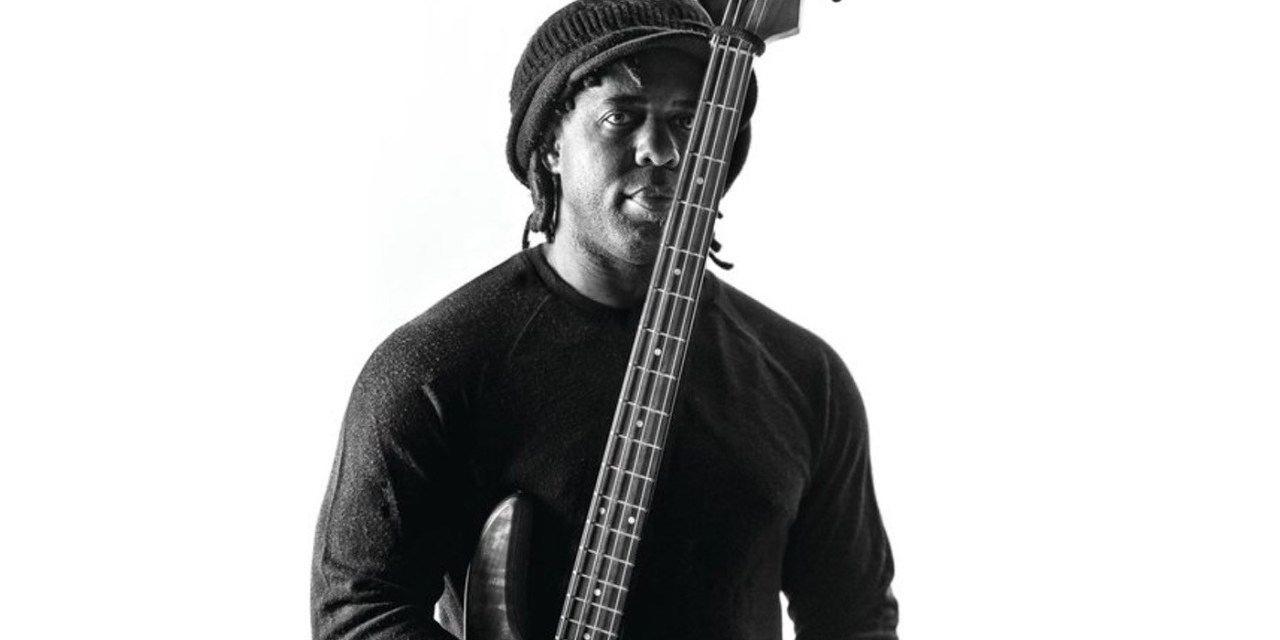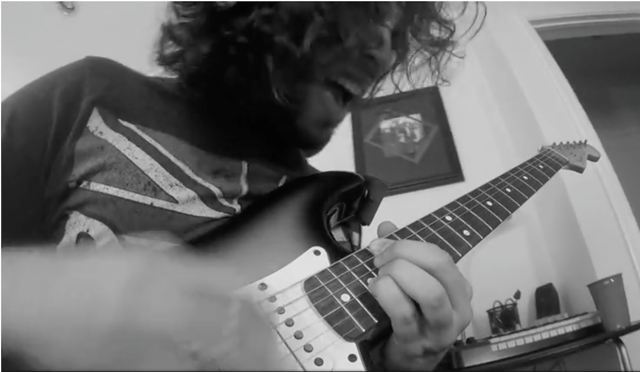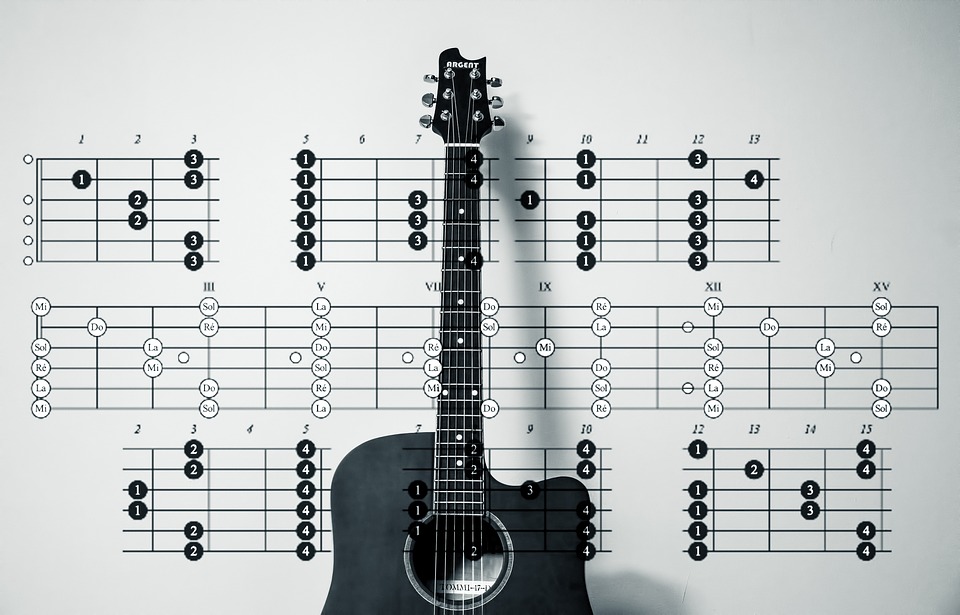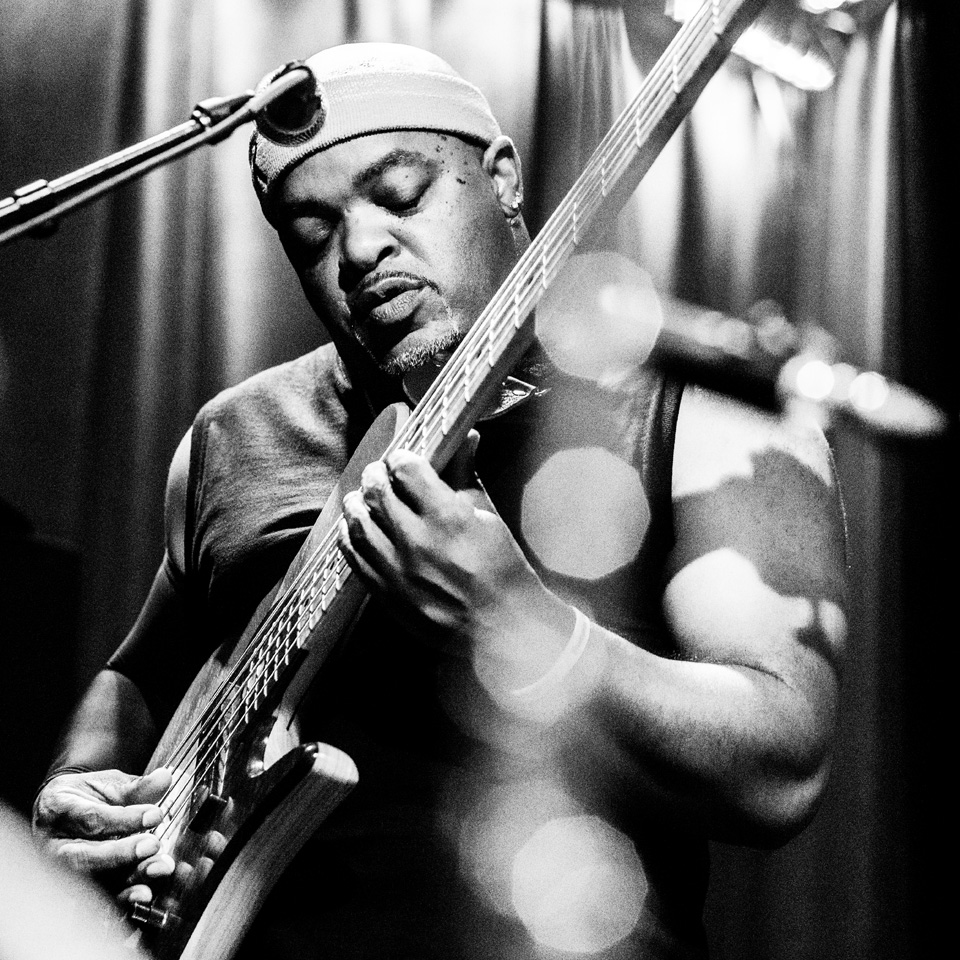So that was all the encouragement I needed to stop practicing for a while, not that I practiced a hell of a lot in the first place, but it came as a huge relief. Victor Wooten is pretty much the shit as far as bass playing goes but I never knew that he didn’t actually practice, in the conventional sense at least. You’ve probably had it drilled into you that you must practice endlessly to be able to play face-melting guitar, but Victor has another take on it.
Music is a Language
You’ve probably heard this phrase bandied about by pros and may have even used it yourself to sound cool and contribute to some after-hours conversation about the depths of music, but what does it actually mean? According to Vic, “When you learn the word milk, you already know what it tastes like,” he said. “You learn the word because you want more.” Okay, that could mean anything, but he rescues it with this statement, “When you learn to talk, it’s not about saying it ‘right.’ It’s about saying it, right?” he asked. “It’s about expression.” Ah, now I get it, you practice by playing and trying to express yourself on the instrument, even if it sounds shite, at first. I like it.
The 80/20 Rule
That 80:20 ratio crops up everywhere but according to Vic most musicians spend about 80% of the time practicing, and only 20% of the time playing. What he suggests you do is turn that ratio on its ass and spend most of your time playing (in order to practice).
Over-practicing Scales
At one time or another you’ve probably spent hours practicing scales, and may even have felt a little dirty afterwards, as if you could have been doing something more… productive. Vic says that if you have to practice scales, you may as well make them groove. He goes on to say that the excessive practicing of scales develops fear among musicians, the fear of hitting the wrong note that is, rather than finding a way to deal with it. Vic’s philosophy is quite straightforward here: you can play any note you like as long as it grooves, and if you get into trouble there’s a ‘good’ note either side of it.
I can groove it so hard that the band sounds wrong.
Band in a Box
Vic says that you should never play alone, even when you’re playing alone. What he means is that even when you are playing alone you should imagine (at least) the drummer, or the rest of the band, in your head. The good thing about this is that your imaginary bandmates hardly ever screw up or show up late.
The Scale Exercise of Scale Exercises
This is the big one; as any self-respecting guitarist knows, there are more than enough scales to learn for several lifetimes, unless you’re Allan Holdsworth. Vic’s mammoth scale exercise basically involves using the chromatic scale to improvise which, in any given key, contains 7 right notes and 5 not so right notes; the idea being to get comfortable playing ALL OF THEM over chords. The chromatic scale is the one that’s used by the pros for tedious warm-up exercises, but it’s never actually practiced as a scale, until now. Check it out on the guitar in C.

Don’t be put off by how bad you sound at first, this is improvising using your ears, not a bunch of patterns or well-worn licks. You’ll need to go at it for a few hours until it starts to sound decent; remember you’re practicing every scale at once, so it pays off in the end. Here’s Vic explaining the exercise to a bunch of zombie bass players.



